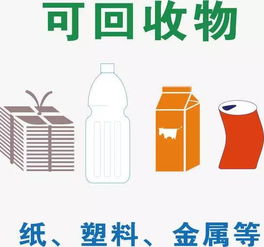
Col

d Facts About Kitchen Waste
Kitchen waste, also known as food waste or kitchen garbage, is the organic waste generated from cooking and preparation of food in households and restaurants. In most places, it is collected along with other household waste and disposed of in landfills. However, kitchen waste can also be converted into compost or biogas through various methods such as composting, anaerobic digestion, and vermicomposting. Here are some cold facts about kitchen waste that you probably did not know:
1. According to the Food and Agriculture Organization (FAO), one-third of the world's food is wasted every year, which amounts to approximately 1.3 billion tons of food. This food waste could feed three billion people.
2. In the United States alone, it is estimated that 30-40% of the food supply is wasted, which equates to about 133 billion pounds of edible food per year. This means that roughly $218 billion is spent on producing, transporting, and disposing of this wasted food.
3. Composting kitchen waste can reduce greenhouse gas emissions. When food waste is disposed of in landfills, it decomposes and releases methane, a potent greenhouse gas that is 25 times more harmful than carbon dioxide. However, when food waste is composted, it is broken down by microorganisms in a process that does not produce methane but raw materials that can be used as fertilizer.
4. Anaerobic digestion is another method of converting kitchen waste into biogas, which can be used as a source of renewable energy. During anaerobic digestion, food waste is broken down in the absence of oxygen, producing methane-rich biogas that can be used to generate heat and electricity.
5. Vermicomposting is a form of composting that uses earthworms to decompose organic waste, including kitchen waste. The earthworms consume the waste and digest it, producing nutrient-rich vermicompost that can be used in vegetable gardens and flower beds.
6. In some countries, such as South Korea and Japan, kitchen waste is separated from other waste and collected separately for composting or anaerobic digestion. South Korea, for example, has achieved a recycling rate of 95% for food waste by implementing a policy that requires residents to separate kitchen waste from other waste.
7. The environmental impact of kitchen waste is not limited to food waste itself, but also to the resources used to produce and transport the food. For example, producing one pound of meat requires approximately 2,500 gallons of water and contributes to deforestation, habitat destruction, and biodiversity loss.
In conclusion, kitchen waste is a significant issue that has both economic and environmental implications. However, there are ways to reduce kitchen waste, such as through composting or anaerobic digestion, and by making more sustainable food choices. By taking action to reduce kitchen waste, we can help alleviate food shortages and reduce the impact on the environment.
